
- Need Technical Assistance? caranational2024@getvfairs.io

Curious About Why You Should Attend? There will be a Keynote workshop focused on creating calls to action to Indigenize Research Administration in the Yukon and throughout Canada. The Keynote will include an outdoor component with contingencies in place in case of extreme cold weather.
During the workshop, attendees will learn from the experiences of Yukon First Nations researchers and research administrators, and engage in facilitated discussions on how to overcome challenges and improve support for Indigenous research throughout the north and across Canada. The session will culminate in calls for actionable change, ensuring that participants leave with practical ideas to implement in their own organizations to better support Indigenous research and ways of knowing, being, and doing.
“I heeded the advice of the class participants and spent Saturday at the Wildlife Preserve, followed by a long evening at the hot springs. Magical. The only thing I didn’t find was northern lights, although the starry night drive was great. Guess that means I will just have to come back someday.”
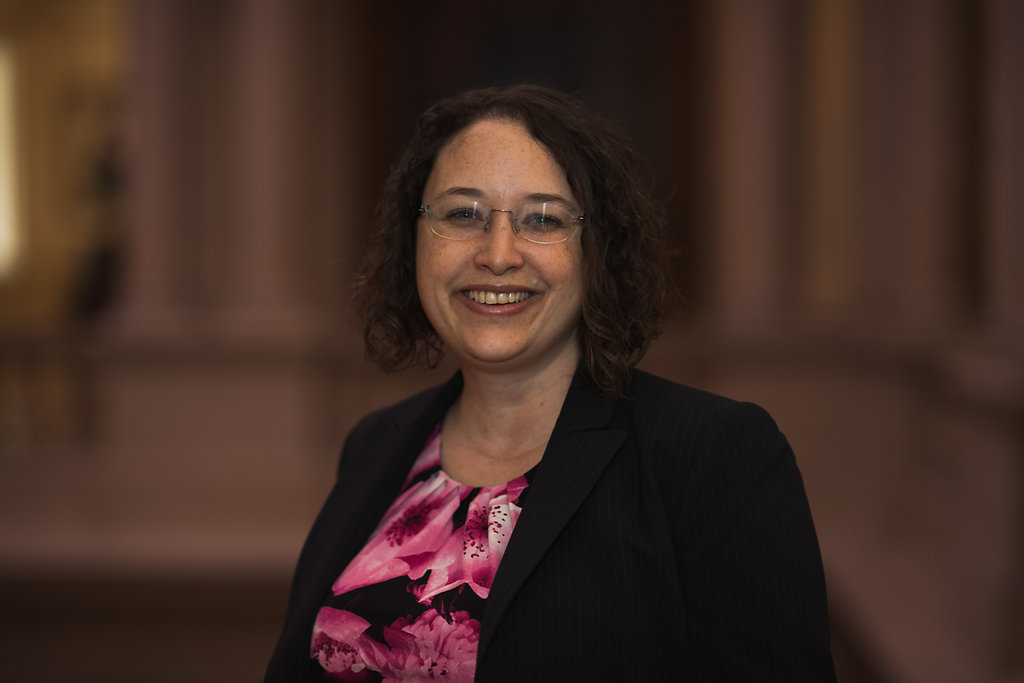
Moldofsky Professional Corporation
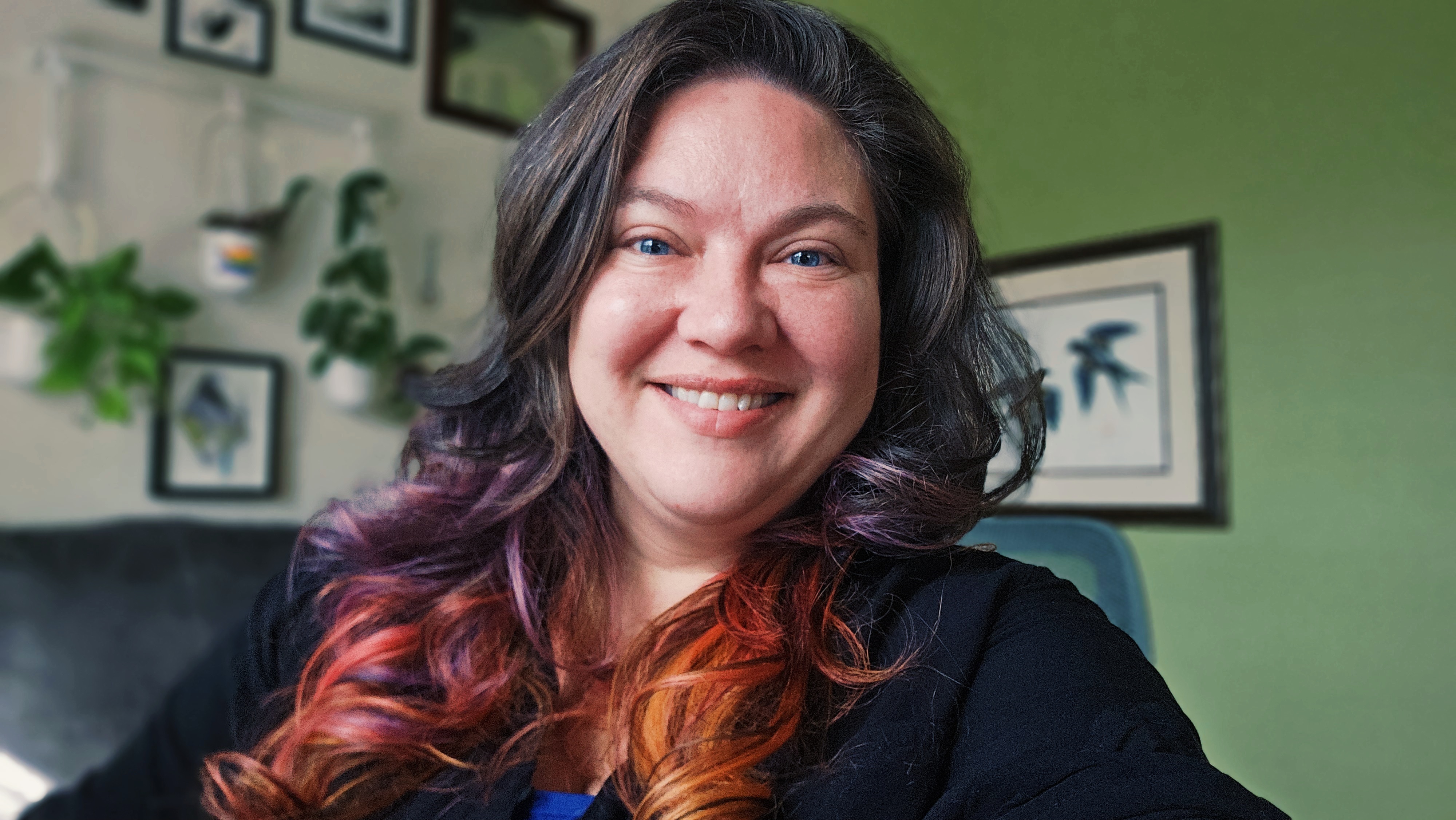
Royal Roads University

University of Saskatchewan
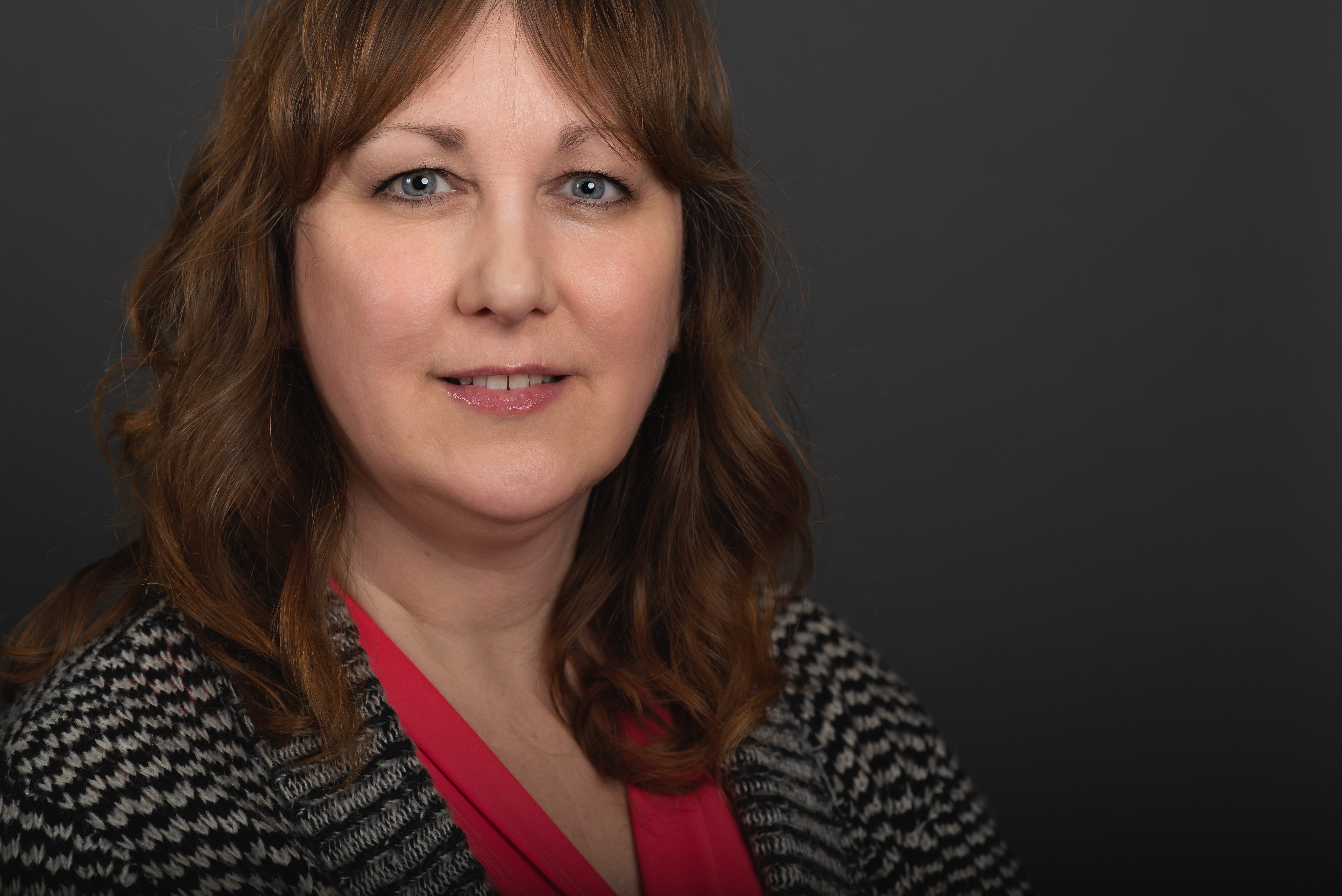
Canada Foundation for Innovation

Humber Polytechnic
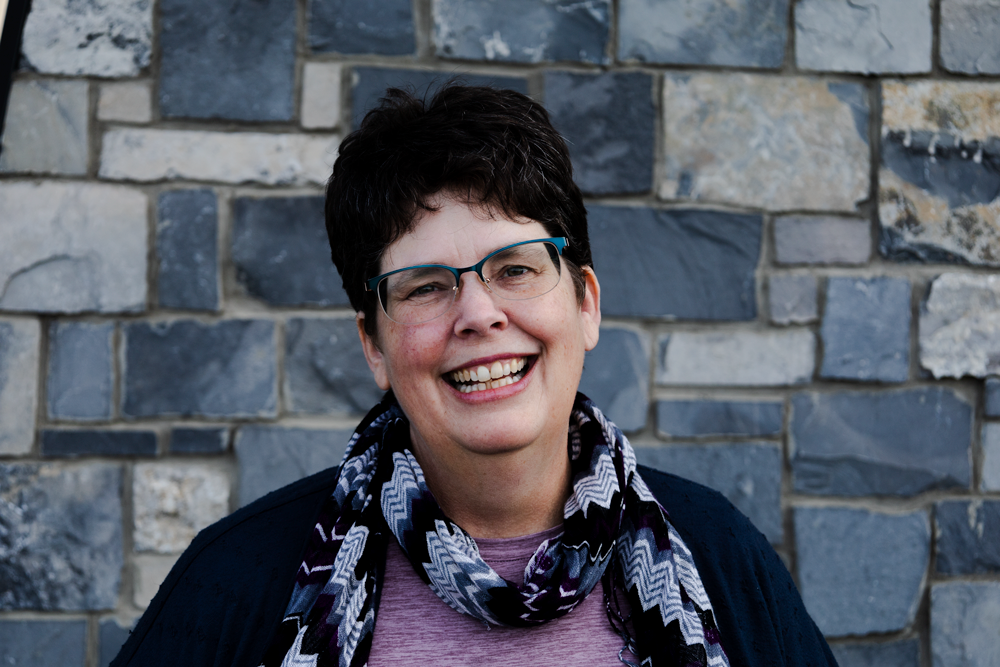
Saskatchewan NEIHR (CIHR-funded Indigenous health research network), NEIHR National Coordinating Centre
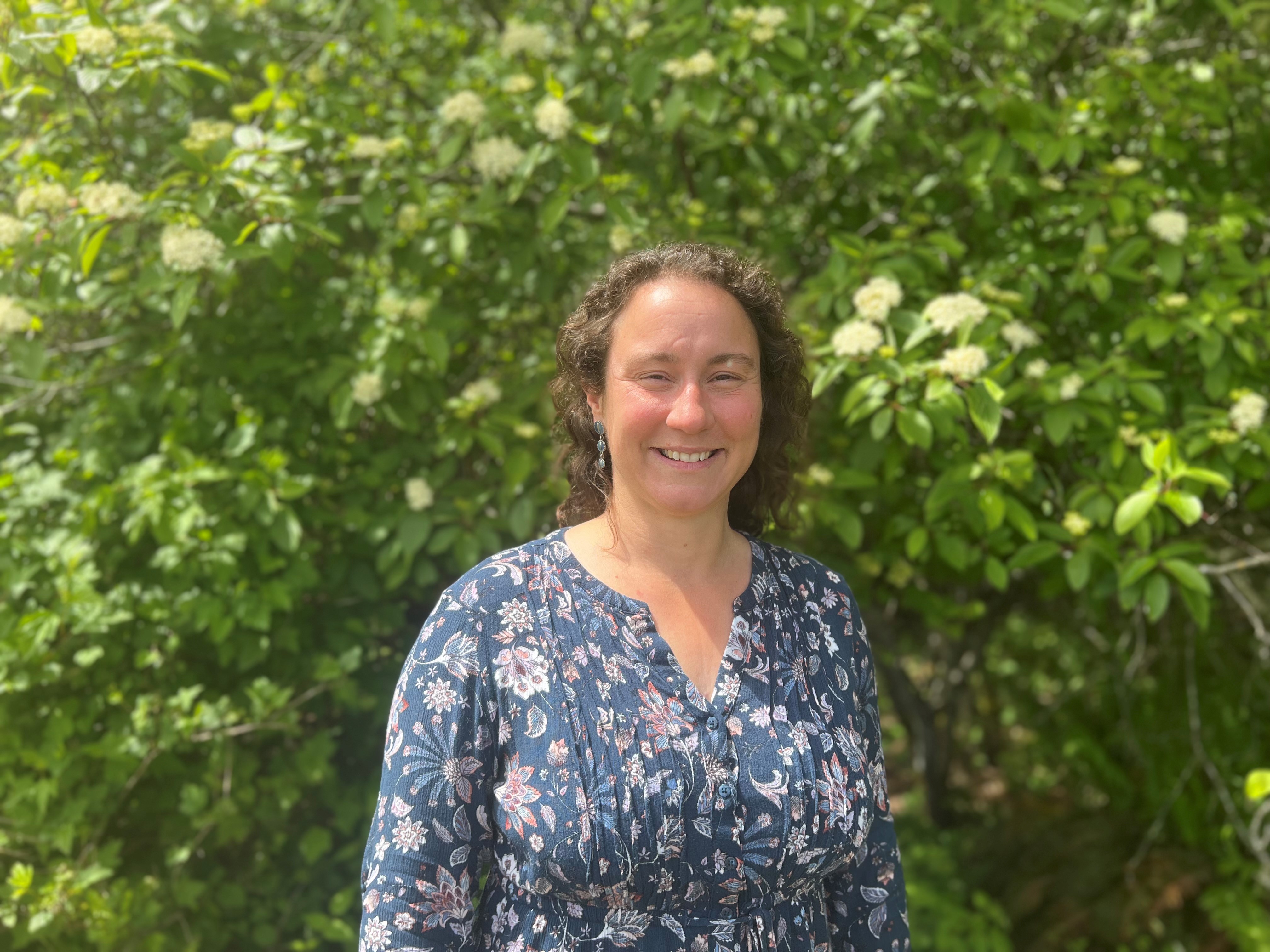
North Island College

Canada Foundation for Innovation
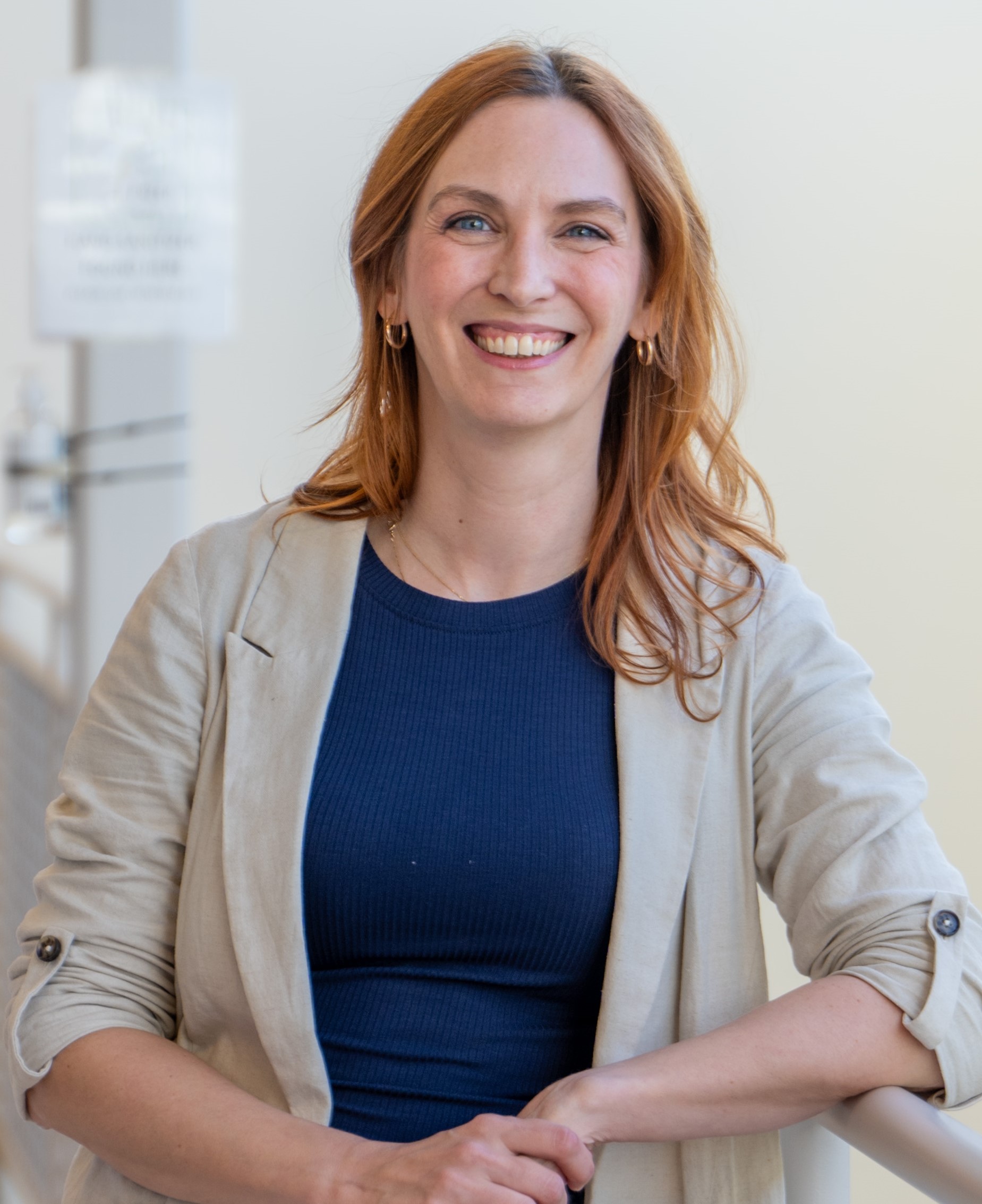
Aurora College
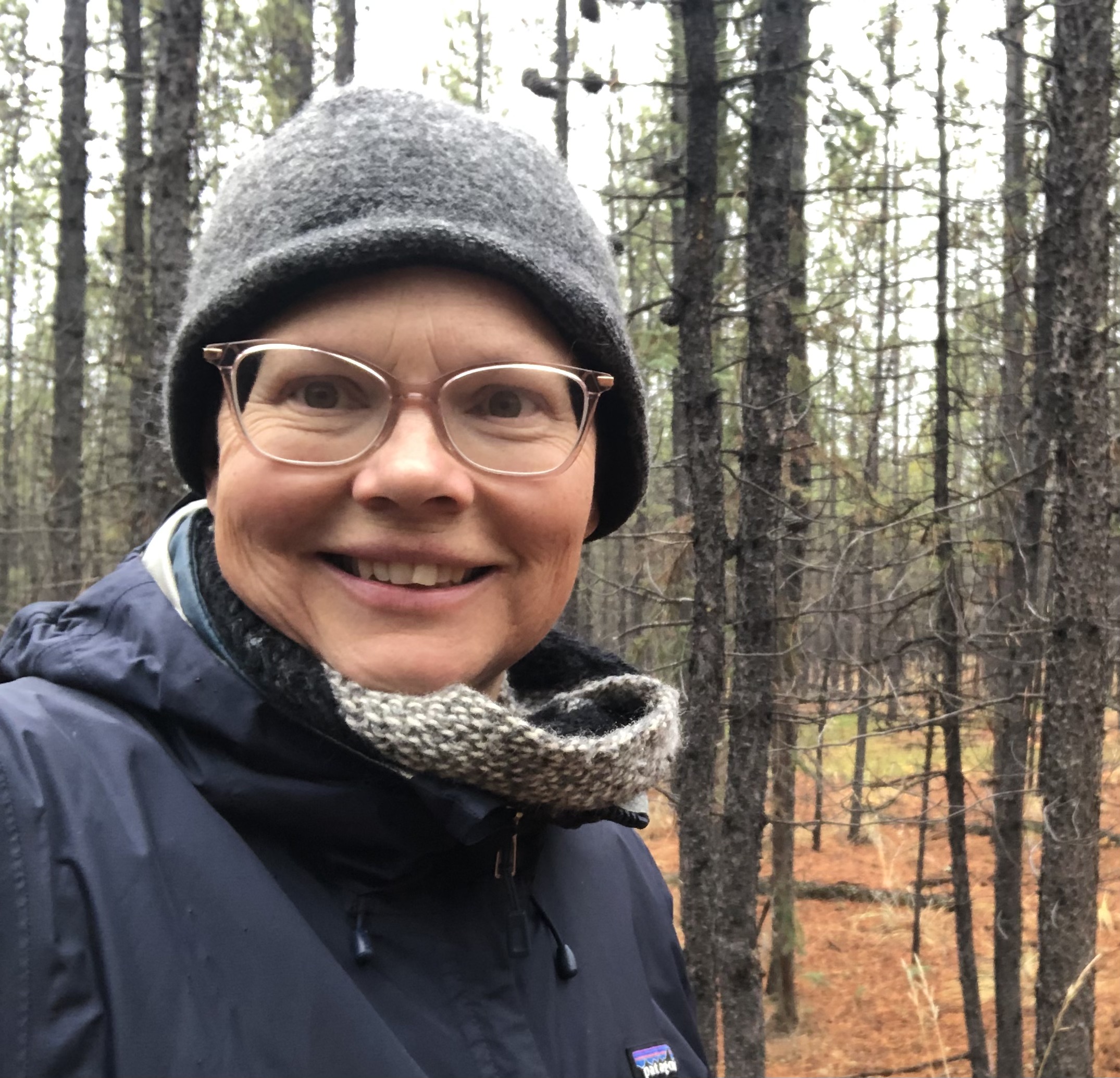
Yukon University
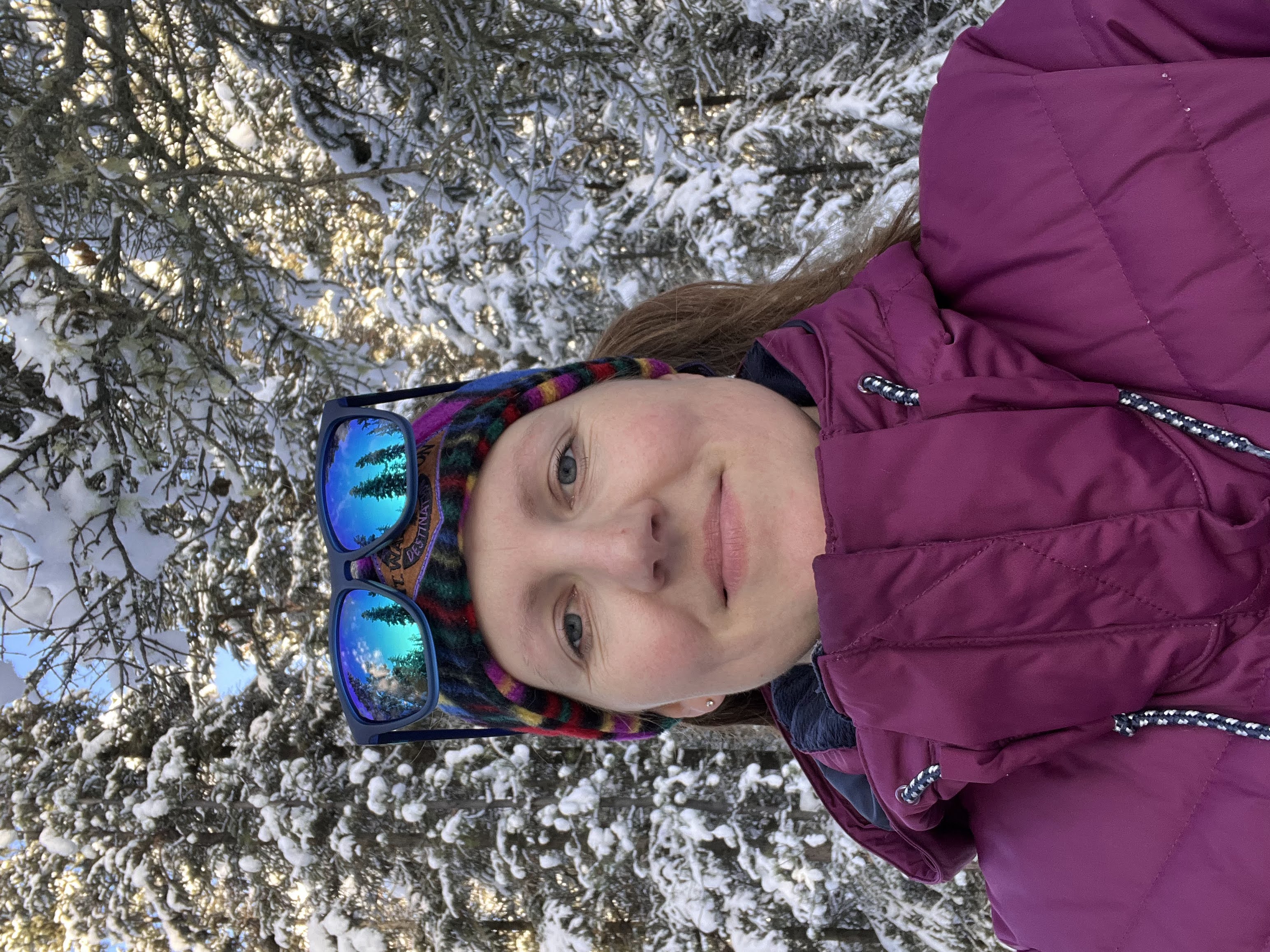
Yukon University

SK NEIHR, NCC (USask), NEIHR National Coordinating Centre
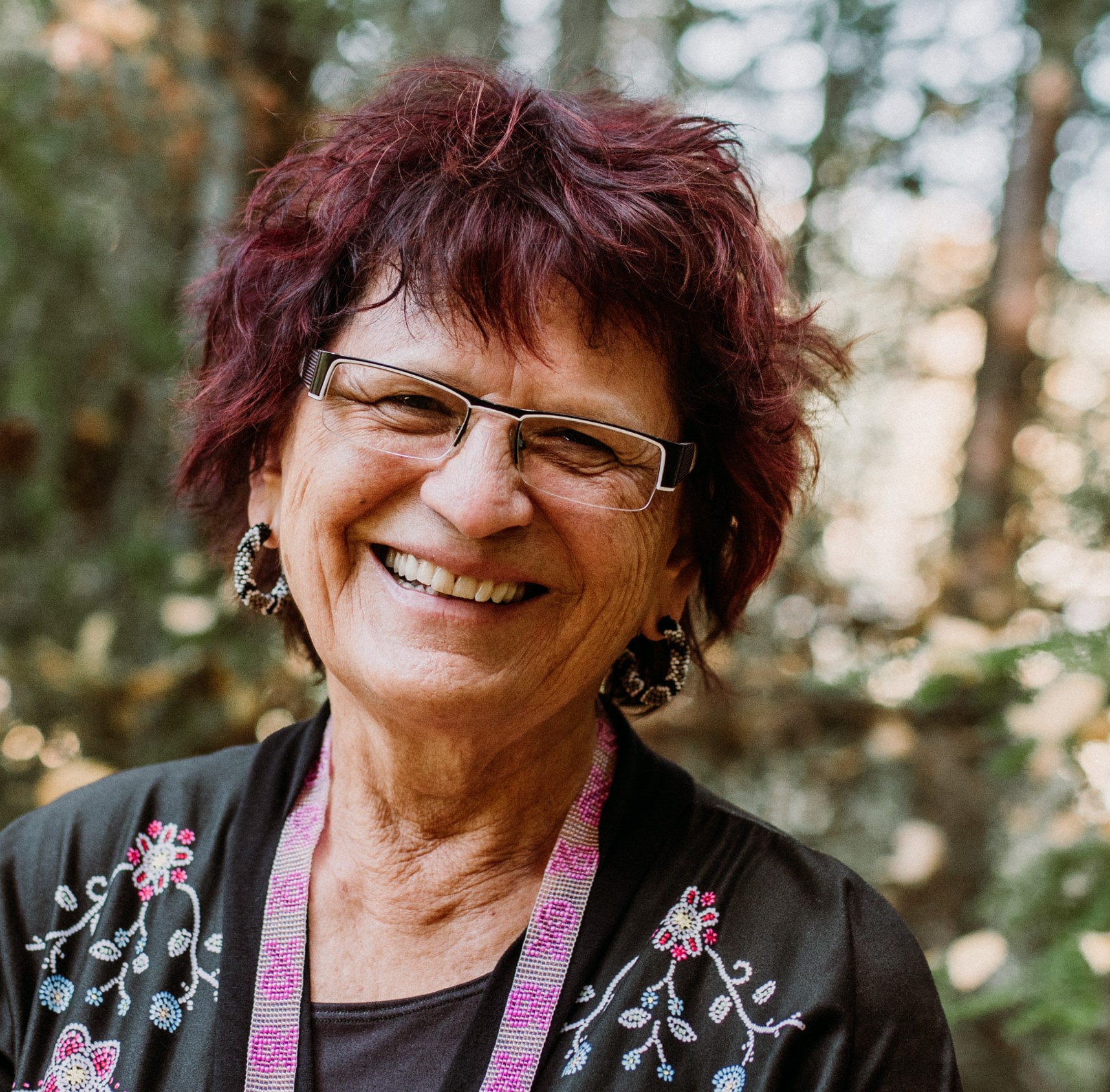
Saskatchewan NEIHR (CIHR-funded Indigenous health research network), NEIHR National Coordinating Centre
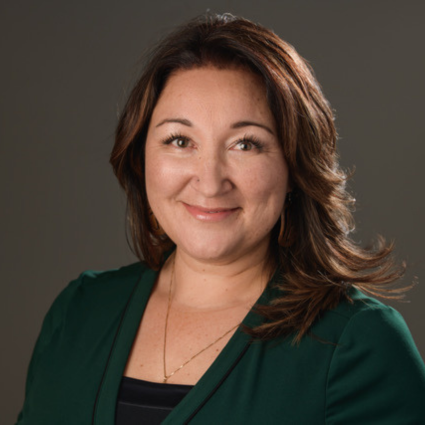

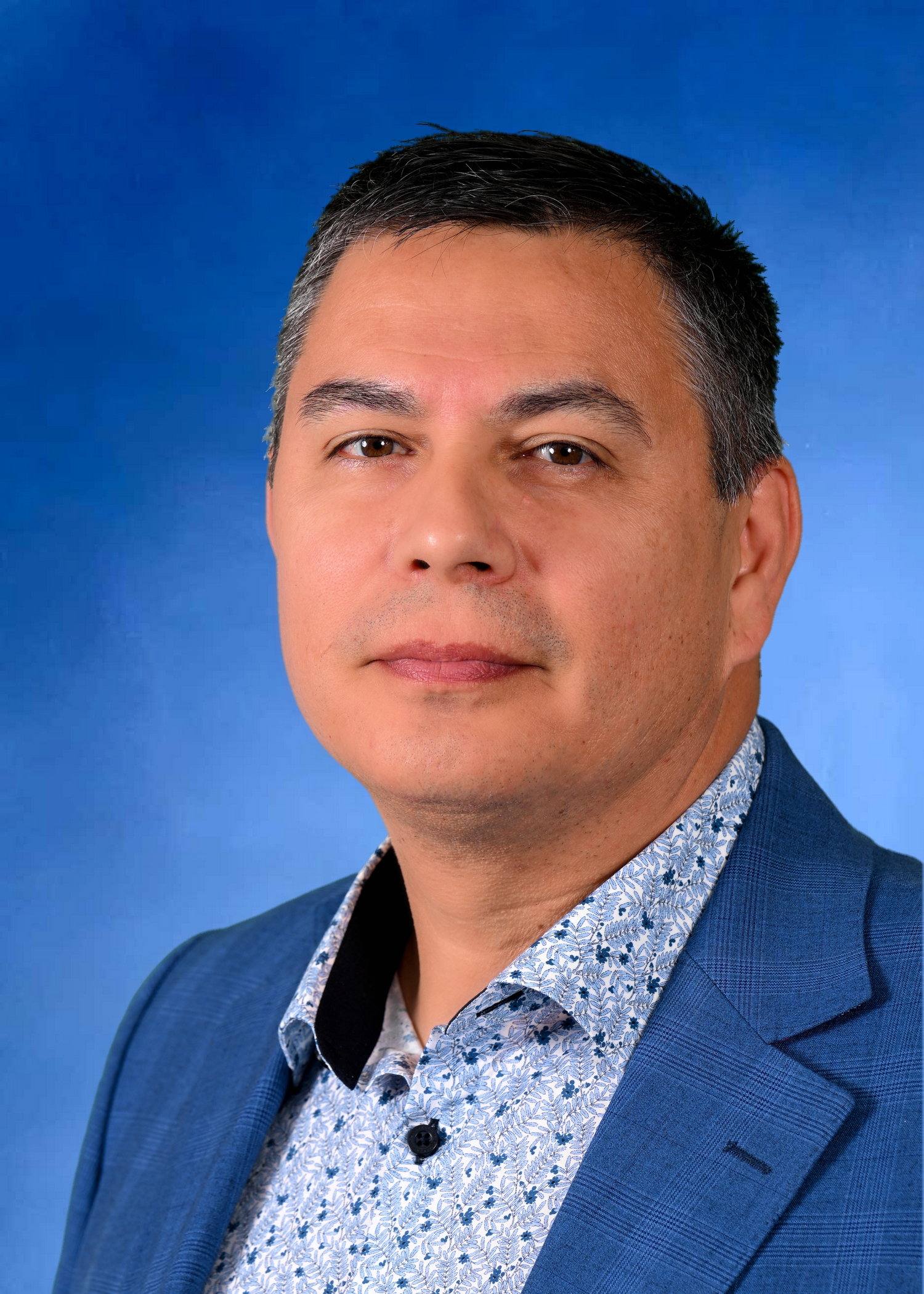
 November 20, 2024 16:00
November 20, 2024 16:00
CARA looks forward to seeing you in beautiful Whitehorse! Stop by to pick up your name badge, we are here to answer any questions you may have about the conference.
 November 20, 2024 17:00
November 20, 2024 17:00
Join fellow attendees, speakers, and sponsors for cocktails and hors d'oeuvres.
 November 21, 2024 08:00
November 21, 2024 08:00
Join your colleagues for a hot breakfast to start the day
 November 21, 2024 08:30
November 21, 2024 08:30
 November 21, 2024 08:45
November 21, 2024 08:45
Melanie Adams
Aurora College

Aurora College published an Institutional RDM strategy in 2023 following the Triagency's RDM policy. However, as a small Northern institution hoping to strengthen our research practices, it was important for this strategy to be a tool used for significant change. Including meaningful goals with a timeline of action items allowed it to become a roadmap for developing strong RDM practices. A combination of buy-in from executive leadership, an active RDM advisory committee, and dedicated staff time for supporting RDM ensured steady progress towards these goals. While there have been obstacles, our institution has made significant steps towards raising awareness about RDM and formalizing our practices. This presentation will outline Aurora Colleges RDM journey to-date, from strategy creation to hosting a Territory-wide series of capacity building RDM workshops, exploring successes and challenges.
 November 21, 2024 08:45
November 21, 2024 08:45
Karen Mosier
University of Saskatchewan

There is no magic wand or wonder pill or one strategy by itself to compel faculty to apply for funding and to do research projects. This session will cover some simple, down to earth strategies at both the individual level and institutional level that can be used to engage faculty to be more active in research activities. Individually, tactics such as meeting with new faculty, creating personalized timelines for applying for funding, sending out targeted emails, creating grant templates, and providing funding opportunities via a monthly newsletter will be discussed. At the institutional level, necessary factors such as providing research supports, having access to bridge funding, providing necessary training through grant workshops, acknowledging research accomplishments, promoting collaborations via networking lunches, having targeted programming to support grant development, having a matching funds program, and the need for faculty research mentorship programs will be considered. This presentation will end with an interactive exercise to discuss best practices to encourage time-pressed faculty members to participate in research.
 November 21, 2024 09:45
November 21, 2024 09:45
Gwen Hill
Royal Roads University

This will be an in-person version of the webinar that was presented to CARA members on June 26, 2024. If you are a presenter at CARA West, please bring your laptops and presentations - we will have time built into the session for you to make changes that support accessibility and ask questions!
 November 21, 2024 10:45
November 21, 2024 10:45
Sharyn Farlinger
Canada Foundation for Innovation

Sébastien Denizé
Canada Foundation for Innovation

The CFI will share upcoming activities and discuss ongoing activities. We will touch on the Northern Fund, provide highlights from the 2023 Innovation Fund strengths and weakness analysis, and answer questions about the 2025 Innovation Fund competition (or any other fund). We will also highlight some common myths about CFI programs and funding. As usual, we will encourage a discussion with the participants.
 November 21, 2024 10:45
November 21, 2024 10:45 Anna Krangle-Long MLIS

Davon Callander
Yukon University

Jen Jones
Yukon University

Building a research community within a small-scale, remote or new institution comes with both common and sometimes unique challenges. Identifying relevant funding opportunities for students, established researchers and new to research faculty; identifying and providing support related to grants; and building awareness of the role of a research services offices (RSO) within the institution and among the larger community are just a few of the areas of focus. However, having the resources or the time to understand and respond to these challenges is not always available in a small RSO. As Canadas only Northern university located within the land claim territories of 11 self-governing First Nation governments, Yukon University's (YukonU) RSO is positioned to consider novel approaches to building and enhancing a community of research.
Taking a multi-prong approach to build out the centres services, this presentation introduces YukonU RSOs work to build research capacity among faculty to who maybe new to holding research portfolios and support a community of research assistants. This work takes place in the context of collecting and curating future research resources including hiring research development (RD) and administrative (RA) staff. This presentation will outline some of the challenges faced by YukonUs RSO privileged with the opportunity to consider place-based research approaches and work with both an established research centre and emerging faculty researchers. The outcomes of these two programs, building research assistant capacity and a mobilize-funded faculty research capacity cohort will lay the foundation for future tools to enhance research communities within Yukon and across the North. This session will also host a conversation on the unique challenges faced and the novel approaches taken by small or new RSOs.
 November 21, 2024 11:30
November 21, 2024 11:30
Lawrence Ignace

Filmed on location at field research sites and universities across Canada, Signal Fire is a 30-minute documentary that features stories from the authors and their colleagues — Indigenous and non-Indigenous — and lights the way for researchers and communities looking to ignite change.
 November 21, 2024 12:15
November 21, 2024 12:15
Buffet lunch and transition to an afternoon of outdoor learning – dress warmly for snow, layers are recommended.
 November 21, 2024 13:00
November 21, 2024 13:00
Math'ieya Alatini

Janet VanBibber
Norma Shorty
Jaret Gonet
Anne Mease
Norma Kassi

1:30-2:15 - Guided Walk 2:30-3:30 - Circle Discussion
3:30-4:30 - Guided activity
In 1973, Yukon Chiefs laid a vision for Yukon First Nations research sovereignty. In this vision, Yukon First Nations set their research priorities, select research teams, conduct research, and own past, present, and forthcoming research about their Nations. Today, multiple organisations and projects are working to make this vision a reality in Yukon-based health research. Teams involved in this change-making include:
- First Nations Regional Health Survey (RHS)
- Yukon Network Environments for Indigenous Health Research (NEIHR) Application Team
- One Yukon Coalition
- Signal Fire ("Towards reconciliation: 10 Calls to Action to natural scientists working in Canada)"
- Understanding Yukoners' Attitudes Towards Vaccines (ATV) Project and
- Yukon Strategy for Patient-Oriented Research (YSPOR)
In this interactive workshop, representatives from these teams will support attendees in developing Calls to Action for Indigenizing research administration in the Yukon and across Turtle Island. Calls to Action will address individual, institutional, and CARA level change. Teams will discuss the ongoing work to Indigenize research administration, through understanding colonial traumas too-often replicated in research and moving forward with a shared vision for reconciliation while rejuvenating Indigenous ways of knowing, being, and doing as an essential pillar in the research ecosystem.
In the first part of this workshop, attendees will take a guided walk to the Kwanlin Dün Healing Totem Pole, engaging in ceremony and learning about the history and research of Yukon First Nations. In the second part, attendees will return to the conference site for a panel discussion by Team representatives. Panelists will share the work that they do, the challenges they face, and the message they want research administrators to hear when it comes to Indigenizing research administration. Discussions may relate to language, land-use, ways of knowing, capacity development, funding and procurement policies, and opportunities for collaboration. Through parts one and two, we centre place-based knowledges and privilege Indigenous methodologies. In this way, discussions will bring together learning from collaborators across Turtle Island.
Taking learning from the past, celebrations of the present, and visions for the future, the third part of this workshop will have attendees collaboratively developing Calls to Action to Indigenize research administration. In these Calls to Action, we rally for change at the individual, institution, and national levels.
Who we are:
First Nations Regional Health Survey (RHS) is the only Canada-wide survey established by and for First Nations, and is in its fourth iteration. The Council of Yukon First Nations coordinates the survey in the Yukon and partners with Yukon First Nations to set survey priorities, trains Yukon First Nations to administer the survey, and ensures Yukon First Nations own and control all data collected in the survey.
The Network Environments for Indigenous Health Research (NEIHR) is a Canada-wide initiative, supported by the Canadian Institutes of Health Research and led by the Institute of Indigenous Peoples' Health. NEIHR programs across the country support First Nations, Inuit and Métis health research through capacity development, research, and knowledge translation. In the Yukon, a group of Yukon First Nations researchers and community leaders are working together with the Council of Yukon First Nations, One Yukon Coalition, and the Institute for Circumpolar Health to set a vision for a Yukon-based NEIHR program.
One Yukon Coalition is a non-profit social enterprise engaging in health and wellness systems change to improve community access to health and wellness resources. Currently, One Yukon Coalition has partnered with Yukon First Nations, Yukon municipalities, healthcare providers, and public entities to engage in territory-wide wastewater monitoring, rapid point-of-care testing, and health promotion strategizing.
Signal Fire ("Towards reconciliation: 10 Calls to Action to natural scientists working in Canada)" is a group of Canadian scientists and Indigenous elders and scholars who came together in 2020 and wrote "Towards Reconciliation: 10 Calls to Action to Natural Scientists Working in Canada". The calls were developed to facilitate and enable reconciliation, rebalance relationships between Indigenous and non-Indigenous Canadians, to tell this part of Canadian history, and to create a path forward based on mutual respect.
Understanding Yukoners Attitudes Towards Vaccines (ATV) Project is a collaborative research project conducted by Yukon University, Council of Yukon First Nations, and One Yukon Coalition, in partnership with Yukon First Nations. The project engages Indigenous research principles and two-eyed seeing to conduct scientifically excellent research while simultaneously challenging mainstream research protocols to better support self-determination.
Yukon Strategy for Patient-Oriented Research (YSPOR) supports health research done in partnership with people with lived experience in the Yukon. This support is delivered through multiple avenues including provisioning funding, consulting and supporting research project development, and developing and nurturing partnerships across the Territory and Canada.
 November 21, 2024 17:00
November 21, 2024 17:00
An evening to reflect on the day’s insights and discussions. Experience food provided by an Indigenous catering company and an alcohol free reception. Meet in the hotel lobby at 4:50 PM to walk to Yukonstruct (400 metres away).
Google Map: Location
 November 22, 2024 08:00
November 22, 2024 08:00
 November 22, 2024 08:45
November 22, 2024 08:45
Gwen Hill
Royal Roads University

 November 22, 2024 08:45
November 22, 2024 08:45
Fleur Macqueen Smith
Saskatchewan NEIHR (CIHR-funded Indigenous health research network), NEIHR National Coordinating Centre

Tammy Popova
SK NEIHR, NCC (USask), NEIHR National Coordinating Centre

Terri Hansen-Gardiner
Saskatchewan NEIHR (CIHR-funded Indigenous health research network), NEIHR National Coordinating Centre

Authors: Dr. Robert Henry, Dr. Chelsea Gabel, Terri Hansen-Gardiner, Fleur Macqueen Smith (presenter) Despite the push towards integrated knowledge translation, we have found that many researchers and research administrators still think more about knowledge translation and mobilization near the end of a research project rather than the outset. In the CIHR-funded Saskatchewan NEIHR network (Network Environments for Indigenous Health Research), we are encouraging researchers to use KT strategies as an entry point to developing partnerships with Indigenous communities. The nātawihowin and mamawiikikayaahk Research, Training and Mentorship Networks that make up the SK-NEIHR provide funding of up to $10,000 for knowledge translation and community research partnership development to assist in developing these partnerships. One example of this approach is a legacy project led by Terri Hansen-Gardiner (Métis), the Saskatchewan NEIHR’s knowledge keeper in residence. As a breast cancer survivor living in northern Saskatchewan, Terri is an advocate for Métis undergoing cancer treatment. In 2023, she co-led a knowledge translation legacy project with Dr. Robert Henry and Dr. Chelsea Gabel, both Métis researchers, and the StoryCentre Canada. In July 2023, at the Back to Batoche Métis Gathering, we brought together six senior Métis residents of Northern Saskatchewan who were cancer survivors. Together with facilitators from StoryCentre Canada, and staff of the Saskatchewan NEIHR, survivors visited and created digital stories of their cancer experiences. Once the stories were completed, we brought participants back to Saskatoon to share their completed stories, and talk about what the project meant to them. Speaking about the experience at Back to Batoche afterwards, Terri said, “That was one of the best weekends I have had since I started doing cancer advocacy and support, and helping with cancer research after my own cancer diagnosis and recovery. Afterwards, I talked to other Métis people who participated, and we all felt the same way. It was a very special few days together.” We have found the advantages of focusing on knowledge translation first helps develop more authentic relationships from which research partnerships can form, counters extractive methods, and emphasizes storytelling as a process of research development. By “working backwards” this research highlights the importance not on the question, but on the process and outcome to create authentic relational accountability.
 November 22, 2024 09:45
November 22, 2024 09:45
Michelle Moldofsky
Moldofsky Professional Corporation

The issues negotiated in clinical trial agreements haven't changed that much over the years. There have been a number of streamlining projects over the years, including a model agreement funded by CIHR and contract principles adopted by many hospitals. Yet, the contracts process is slow and cumbersome. This talk will cover reasons that the process takes so long, including personnel skill sets, the value of prioritization and follow ups, the impact of volume of work and institutional resources, negotiation tips and how to consider improvements for the future.
 November 22, 2024 09:45
November 22, 2024 09:45
Rhianna Nagel
North Island College

It is difficult to put square pegs in round holes and systems change is typically quite slow. Within that context, and with recognition that many institutions are in processes of decolonization, this session will explore approaches for decolonizing research administration. The value of authentic, place-based and relationship-based approaches will be brought forward, as well as questions around systems and practices that thwart and render disingenuous those approaches. Rhianna is of Irish, Romanian, Dutch and Welsh decent.
 November 22, 2024 10:45
November 22, 2024 10:45
Tanya Perdikoulias
Humber Polytechnic

In the ever-evolving landscape of college research, fostering a sustainable research culture is more critical than ever. This session aims to delve into the current state of research culture at Humber College, examining how we've arrived at this point and sharing insights into our strategies for creating a sustainable future. This session will be an opportunity for other Colleges and institutions to share their experiences and best practices, and we hope to identify actionable steps that institutions can take to support a thriving, inclusive, and resilient research environment. Participants will be divided into small groups to share research culture successes.
 November 22, 2024 10:45
November 22, 2024 10:45 Caitlyn MacMaster

NSERC’s 2024 call for proposals for the Lab to Market program caused many Canadian post-secondary institutions (PSIs) to reexamine approaches to knowledge mobilization and technology transfer. The funding program emphasizes the role of entrepreneurial education and training to help researchers – whether students, graduates, or faculty – to bring impactful ideas to end users. However, the mindset, skills, priorities, risk appetites, and decision-making approaches of entrepreneurs and academics often differ considerably. How realistic is it to expect researchers to adopt entrepreneurial approaches? What approaches are more effective than others? Iceland shares many parallels to the Yukon spanning climate, infrastructure, population, and remoteness, which all pose economic challenges. Yet, Iceland’s Ambassador to Canada describes Iceland’s innovation and entrepreneurship ecosystem as about 10 years more advanced than Yukon’s, with successful innovation hubs linked with academic institutions which collaboratively host Google Design Sprints; MIT Design Thinking Impact Challenges; graduate studies in innovation, entrepreneurship, and venture capital; and have helped to launch several successful start-ups, bringing prosperity even to small rural communities in economic decline. In this presentation, Yukon University’s Manager of Innovation & Entrepreneurship will report back on her travels in Iceland and conversations with Icelandic university staff and faculty on what has been most and least effective when trying to spur innovation and entrepreneurship amongst students, graduates, and faculty and what lessons Canadian universities might learn from Iceland’s experience as research administrators navigate NSERC’s priorities to support entrepreneurial education and programming for researchers. She will draw parallels to what YukonU has already implemented and what steps are next for Canada’s first university north of 60 as we prioritize relevance to the North.
 November 22, 2024 11:30
November 22, 2024 11:30
 November 22, 2024 12:30
November 22, 2024 12:30
Fleur Macqueen Smith
Saskatchewan NEIHR (CIHR-funded Indigenous health research network), NEIHR National Coordinating Centre

Tammy Popova
SK NEIHR, NCC (USask), NEIHR National Coordinating Centre

Terri Hansen-Gardiner
Saskatchewan NEIHR (CIHR-funded Indigenous health research network), NEIHR National Coordinating Centre
Heather Poirier
Indigenous Engagement Platform, Canadian Research Initiative in Substance Matters (CRISM)

In Canada, the health research funding landscape continues to limit the self-determination of Indigenous Peoples in multiple ways, including institutional eligibility, priority setting, and institutional structures that deprioritize Indigenous knowledges. However, Indigenous-led research, training, and knowledge mobilization networks represent a promising approach to transforming the funding landscape to better support the self-determination of Indigenous peoples in health research.
The Network Environments for Indigenous Health Research (NEIHR) program has nine Indigenous-led networks across Canada that support research leadership and self-determination among Indigenous communities. Funded by the Canadian Institute Health Research (CIHR), this $100.8M investment over 16 years (2020-2035) represents the largest amount of funding the Canadian federal government has committed to Indigenous health research.
This session will introduce these autonomous networks and their various approaches to community-based research and knowledge mobilization, and the National Coordinating Centre that supports them. Further, it will explore the impact that these approaches have had over the last four years, as measured by the evaluation built into each network. Finally, we will explore opportunities for collaborations with these networks.
In Canada, the health research funding landscape continues to limit the self-determination of Indigenous Peoples in multiple ways, including institutional eligibility, priority setting, and institutional structures that deprioritize Indigenous knowledges. However, Indigenous-led research, training, and knowledge mobilization networks represent a promising approach to transforming the funding landscape to better support the self-determination of Indigenous peoples in health research.
The Network Environments for Indigenous Health Research (NEIHR) program has nine Indigenous-led networks across Canada that support research leadership and self-determination among Indigenous communities. Funded by the Canadian Institute Health Research (CIHR), this $100.8M investment over 16 years (2020-2035) represents the largest amount of funding the Canadian federal government has committed to Indigenous health research.
We will also introduce the newly-funded Indigenous Engagement Platform of the Canadian Research Initiative in Substance Matters. It is designed to enhance engagement with Indigenous researchers, students, stakeholders and partners with CRISM researchers, and to build national and international networks that use substance use research methods and methodologies that are for and with Indigenous Peoples and communities.
 November 22, 2024 13:30
November 22, 2024 13:30